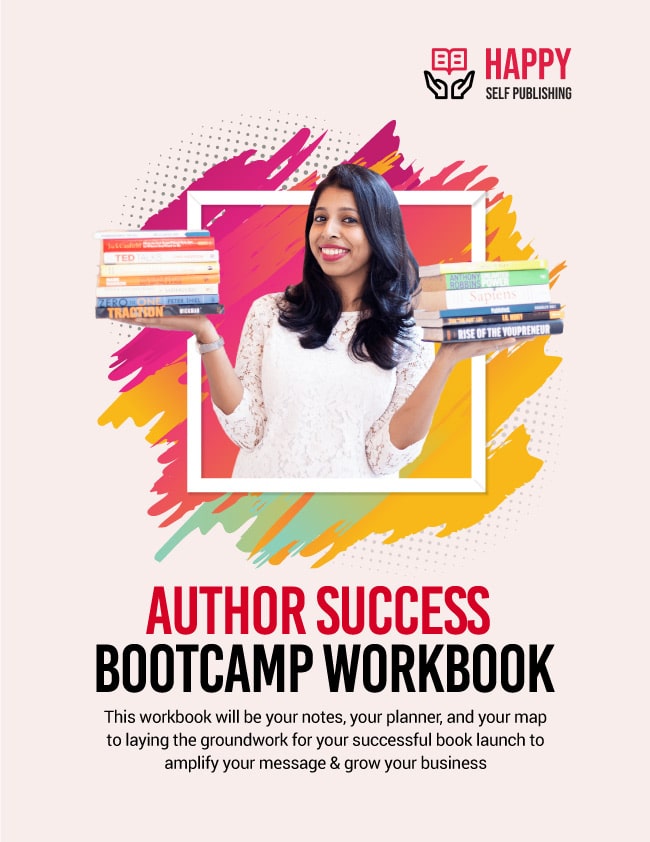Did you know Cleopatra lived closer to the invention of the iPhone than she did to the building of the Great Pyramid? That’s not the image we have of Cleopatra, do we? – to us, she is associated with slaves building the Egyptian pyramids.
Misconceptions are dangerous things. We too can have wrong thoughts and ideas regarding being first-time authors and concerning getting published. God made us unique and creative after his image. The old adage, “Everyone has at least one good book in them” makes us new authors feel like we are insignificant – just one in six billion.
Our culture tends to define success in some very obvious ways. You are a success if your book becomes a bestseller or wins an award. However, perhaps a better definition of success is simply doing what you were made to do and using your gift with diligence to make a difference in the world through your writing.
Here are 10 FAQs that will help you tread the way:
Q1: How many books will I sell during my online book launch?
First of all, let’s define “the launch” as a 24-48 hour period of time in which we will be driving traffic to buy your book. It depends upon so many factors that we can only, at best, give a very broad figure. The average self-published author tends to sell between 300 and 500 books during a launch. Those with major publishers might sell twice that amount, not necessarily because the publisher helps with your promotion, but more because people recognise the “brand identity” of the publisher and are more willing to take a chance on the title. And of course, if you are not a first-time author you will probably sell more books if people know your name already. The key to selling more books is to devote a fair amount of time well before your launch to cultivate and grow your audience.
Q2: How do I become an Amazon bestseller?
If your book sales are amongst the Top 100 in any category on Amazon, you are technically a “bestseller.” You don’t have to be in the Top 100 of all books. There are dozens of categories and sub-categories on Amazon, and if you achieve a sales ranking in the Top 100 in any of these, you can say you are a bestseller. Of course, it is always nice to hit the “Top 20” or the “Top 5” or (best of all) the #1 sales rank in one or more categories.
Q3: How many books do I need to sell to be an Amazon bestseller?
This is not a question one can answer definitively because being an “Amazon bestseller” is a relative title, and it depends upon 1) how well other books in your categories are selling on your launch day and 2) how competitive your categories are. Some categories like “Religion and Spirituality” or “Business and Investing” are extremely competitive with thousands of titles up against many famous authors for the top position on the list. Other categories, such as “channelling” or “alternative medicine” are less competitive.
Q4: How can I choose the category I will be in on Amazon?
The common answer is: “You can’t.
If you are unsure of what categories to choose, your best bet to get your book in the RIGHT category is to do some market research to find out which categories other titles appear that you feel are the closest in content or message to your own book. Don’t go for a “top-level” category like “Business and Finance” or others. Go for a sub or even sub-sub category. Get it as precise as possible. That will not only help you increase your likelihood of reaching the top of the ranks as it will be less competitive but it will also increase the likelihood of people who are looking for your book will find it because Amazon’s system will group it together with similar books.
Q5: Why don’t I see my book listed in a category on my Amazon listing?
You won’t see your book listed in a category unless it is in the Top 100 of that category. Until that time, all you will see is its overall sales rank, which changes every hour.
Q6: How can I find out in which categories Amazon will place my book?
It’s not always 100% reliable, but the best way to “guess” which categories you will appear is to scroll all the way down to the bottom of the screen until you see the words, “Look for Similar Items by Category.” There you will see several suggested categories that are likely to be where your book will be placed when ranked.
Q7: How can I track my rankings?
So far, Amazon does not have any legacy tracking system for rankings, which means you basically have to watch the rankings yourself like a hawk during the launch, as they change every hour.
Q8: How can I track my actual sales?
Tracking sales is another matter altogether. Of course, the most reliable method is when you receive your royalty report and payment from your publisher or printer. However, these can come to you months after your launch. There are two ways that can give you a ball-park figure for your sales during a launch. Once is to use your Amazon Associates link on your purchase page, in which case you will see the sales appear within a few days in your Associates account. Another is to use an online tracker such as Novel Rank at http://novelrank.com, which can show sales on a daily and monthly basis.
Q9: How much money will I make on book sales during my launch?
This depends completely upon:
- How many books you sell
- The retail price of your book
- The cost of printing your book
- What your royalty arrangement is with your publisher (if you have one)
- Whether or not you use your Associates account for sales.
Q10: What’s the real benefit of doing an Amazon bestseller launch?
- It builds your online platform significantly, which ultimately leads to more business for you
- It establishes long-term relationships with dozens of networking partners
- It raises your credibility as a professional, which has an impact on your income
- It establishes you as a leading expert in your field, making you a sought-after media guest and keynote speaker
- It just plain feels great to say you’re a bestselling (especially a #1 selling), author
Hope this blog helped you clear your thoughts on publishing your first book.
There’s an old Chinese proverb that goes something like this: “Be not afraid of growing slowly; be afraid only of standing still.” May you continue to grow as a writer and be bold enough to embrace the journey.
Keep moving. Keep growing. Keep writing!







